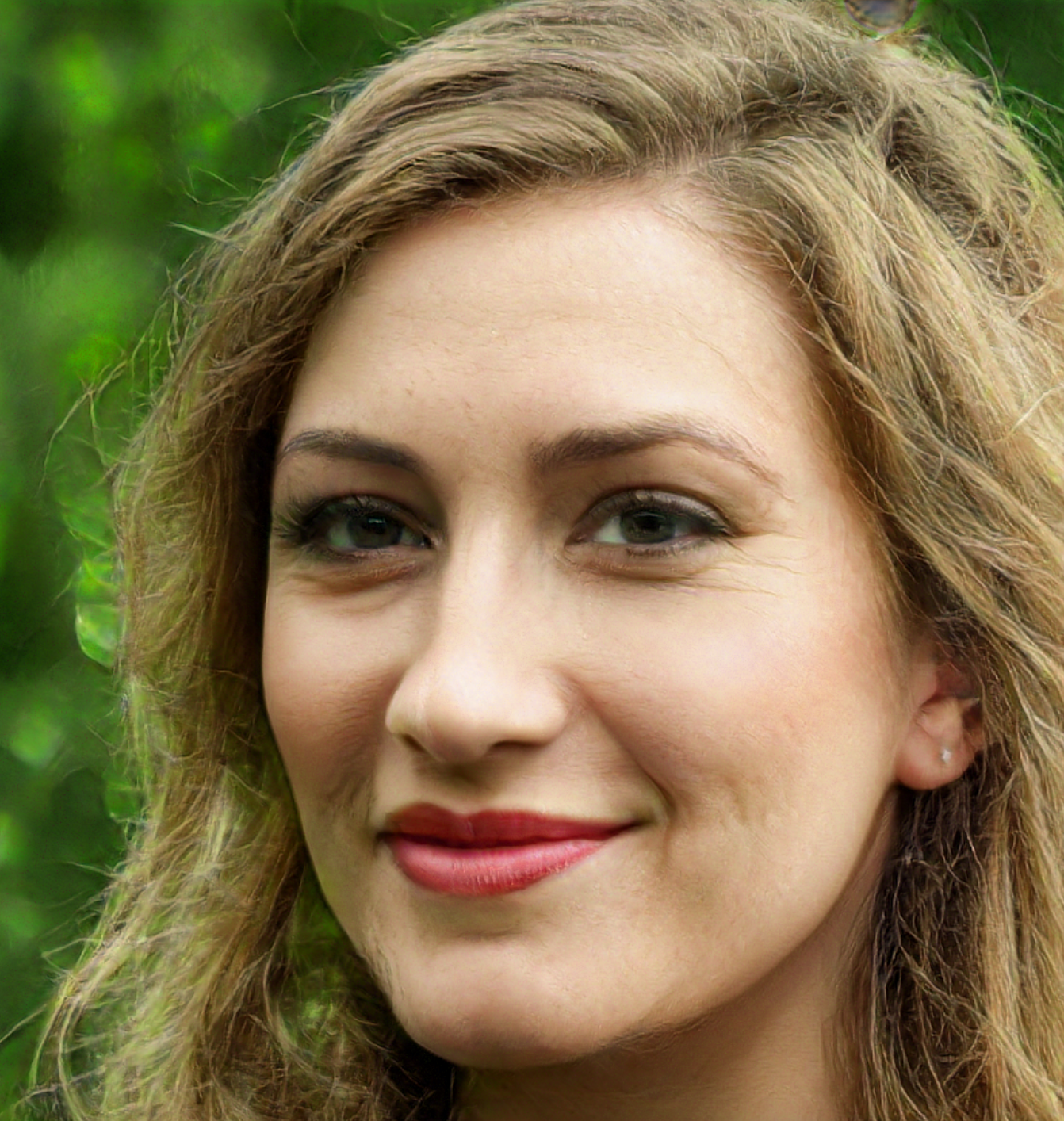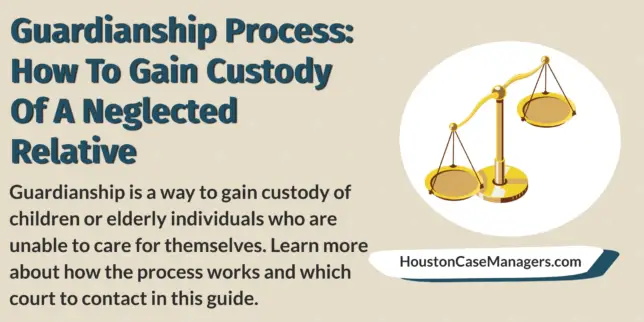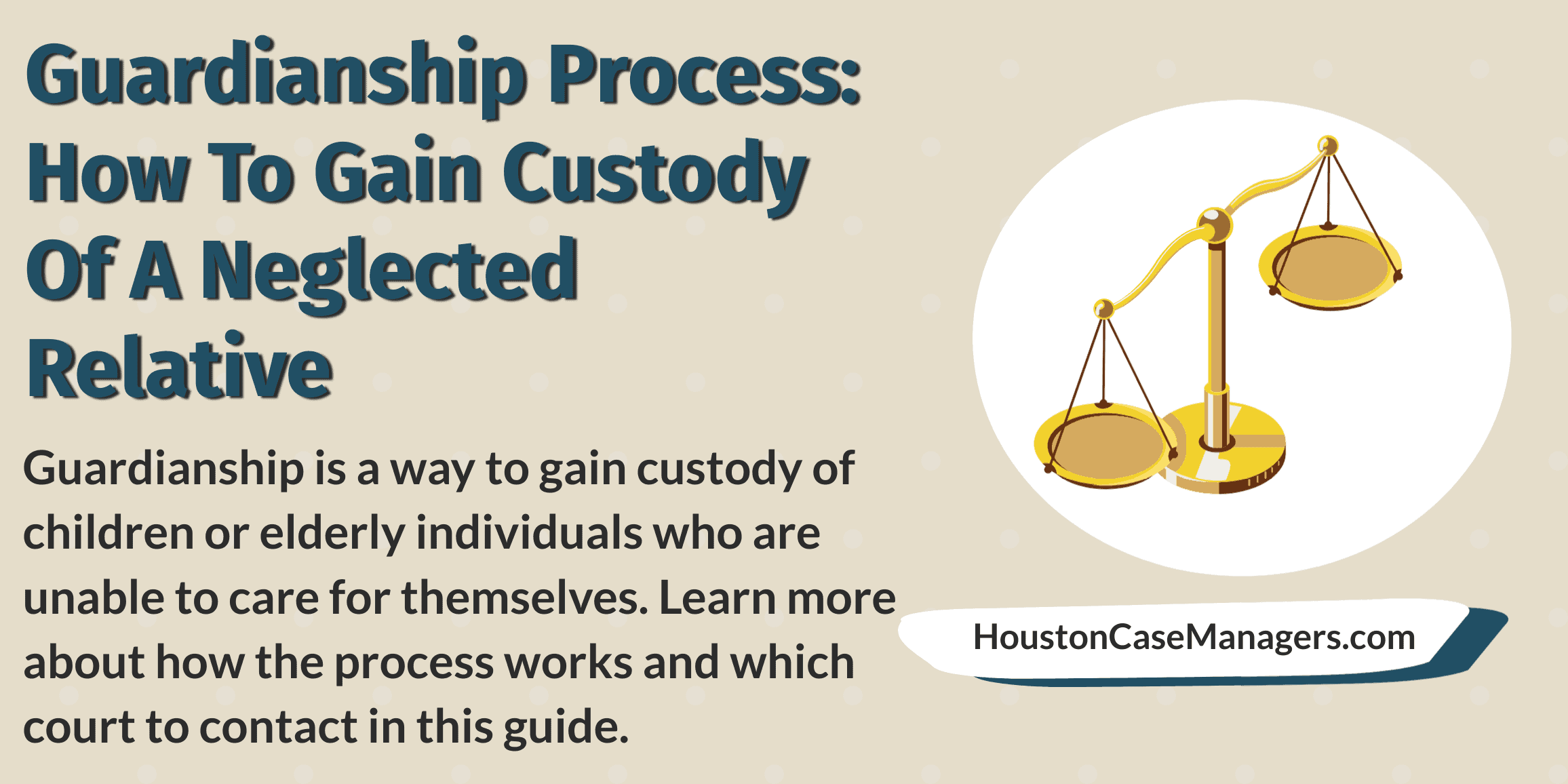Guardianship Process: How To Gain Custody Of A Neglected Relative
The process of gaining guardianship for a neglected relative can be complicated and confusing.
It is important to understand what the legal requirements are, as well as the steps you need to take before filing an application with your county’s probate court.
The following blog post will provide information about the guardianship process, including who can provide you with more information on the matter and what you’ll need in order to apply for custody of a relative.
What Does Guardianship Mean?
The person holding a guardianship is called a “guardian.” A guardian is appointed by a court and given the legal authority to make decisions for another person.
The person over whom the guardianship is granted is referred to as the “protected person.” A protected person may be a minor child or an incapacitated adult.
When Does Someone Need a Guardian?
A person needs a guardian when they are incapable of making decisions for themselves, whether because they are not legally empowered to do so, in the case of minor children, or they are not legally competent to do so, in the case of a disabled or otherwise infirm adult.
Minor children whose parents are incapable of caring for them may also need a guardian. This circumstance can happen when parents are incarcerated or have a physical condition or addiction that precludes them from providing proper care for their children. In these cases, guardianship may be awarded whether the parents consent or not.
In the absence of parents, a guardian is appointed to make decisions regarding the care and welfare of the protected person. These decisions include the protected person’s basic needs of food, clothing, and shelter, and also education, therapies, treatments, and any additional care needed.
In the case of the death of parents, there may be a trust established to fund the care of the protected person from that person’s parents’ estate or life insurance death benefits. The trustee may or may not be the protected person’s guardian. If the trustee and the guardian are not one and the same, the two must work together to care for the protected person and to fund that care.
Who Can File for Guardianship?
Any interested person or state agency empowered to do so may file for guardianship of a protected person.
Parents of minor children or incapacitated adults should specify in their will who they would appoint as guardian in their absence and include a letter explaining the reasons for their choice in detail. A judge will review that letter as part of a “best interests of the protected person” analysis before awarding guardianship to anyone.
A guardian must be a legal adult and have the means and the willingness to care for the protected person, whether that means accepting the protected person into their household or making medical and other decisions on their behalf if they are institutionalized.
How Do You Obtain Guardianship of a Protected Person?
Every state has a slightly different guardianship procedure, and if you are interested in obtaining guardianship of a child or other protected person, you should visit your state court’s website for the applicable forms and instructions.
In general, a person interested in obtaining guardianship files a petition with the court and pays the filing fee. A judge will review the petition and any supporting documents, such as a will or letter of consent from the parents. The judge may also interview the child, the parents (if available), and any other interested parties and order a home visit and a criminal background check.
A potential guardian must show the court they have the will, the means, and the time to care for the protected person. Accepting full responsibility for the protected person can be a significant lifestyle change, so be sure you know the extent of your duties and responsibilities towards the protected person before you take on a guardianship.
Conclusion
When someone feels an individual is no longer capable of the day-to-day tasks that are necessary to live independently, guardianship may be required.
Both adults and children can have a guardian appointed.
For adults who can no longer perform activities of daily living like grooming, cleaning, and taking care of personal finances a guardian may be need.
Children with parents who don’t have the ability or resources to provide the necessary care may also need guardianship.
If you know someone in need of a guardian, contact your local county court to learn more about the process or file a petition for guardianship.
Similar Articles That May Be Of Interest To You:
- Free Advice In Houston: Low Income Lawyers To Help You With Your Legal Issues
- Immigrants: What To Do If Your Green Card Is Denied
- Immigration Lawyers In Houston: 6 Nonprofits To Help With Your Legal Problems

Veronica Davis is a writer, blogger, and legal assistant operating out of the greater Philadelphia area. She writes for a criminal appeals lawyer in Philadelphia.




